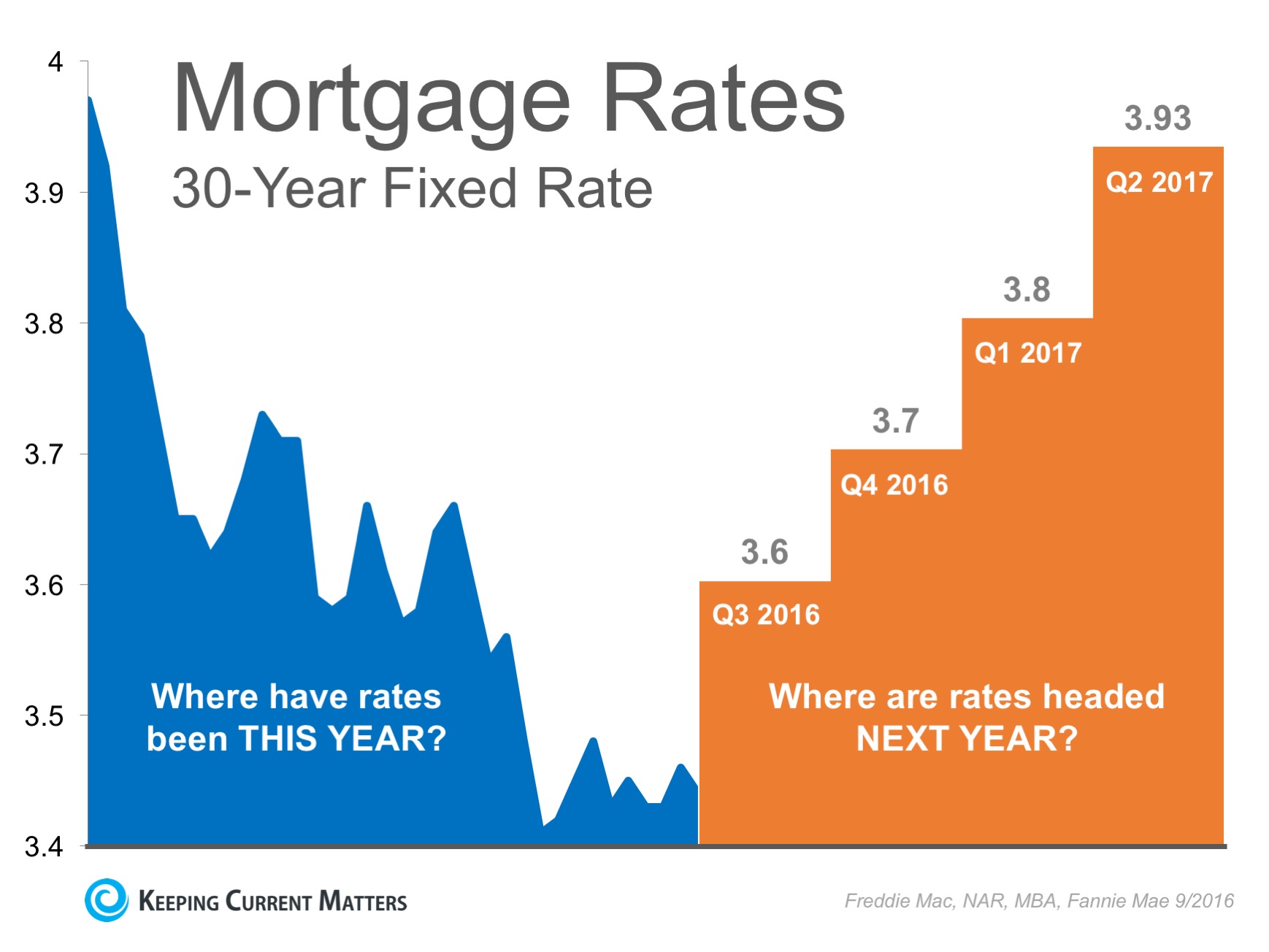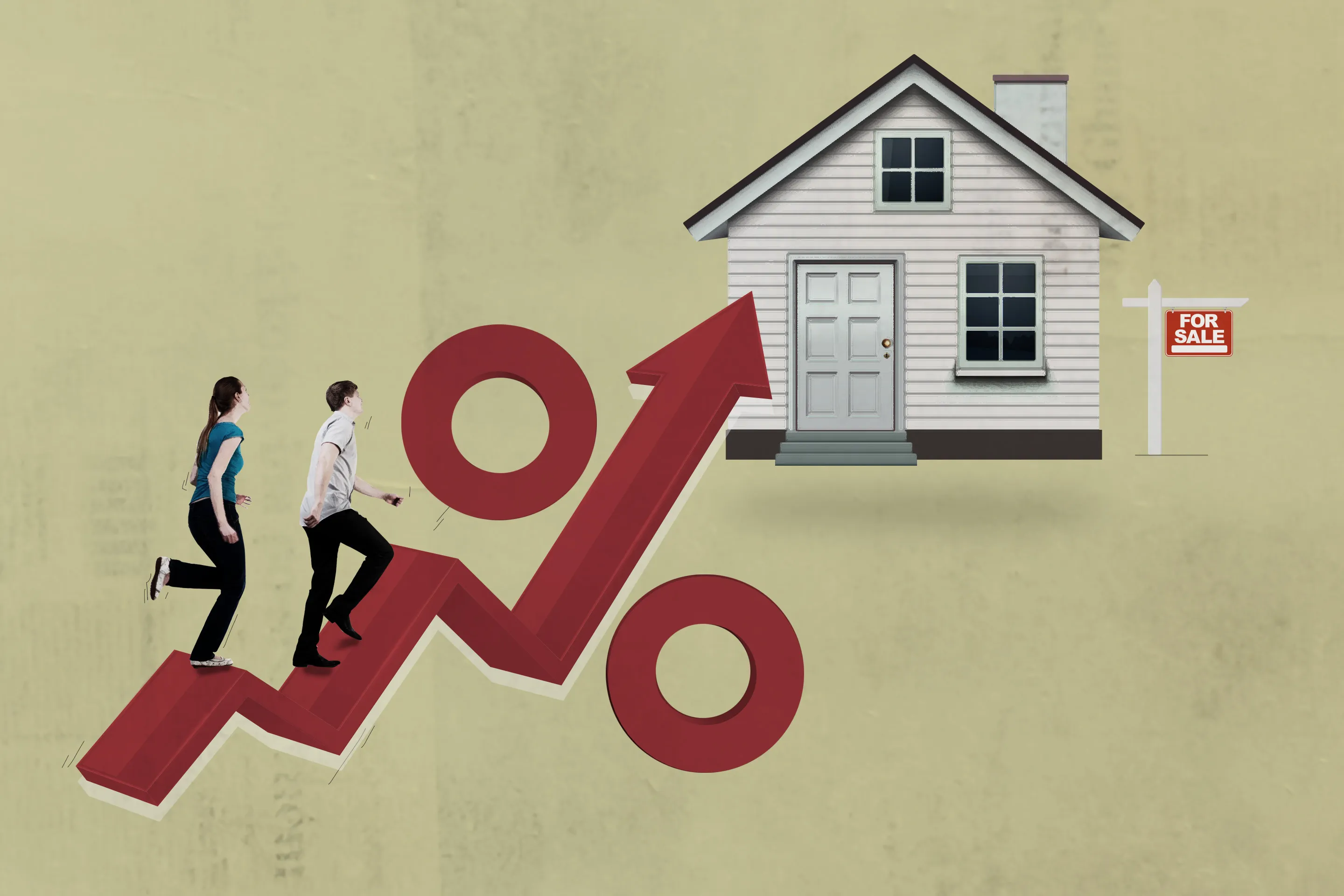Buying a house is one of life's biggest decisions, and mortgage rates play a massive role in that journey. Whether you're a first-time homebuyer or looking to refinance, understanding mortgage rates is key to making smart financial decisions. But hey, don't worry if it feels overwhelming—this guide is here to break it down for you step by step.
So, what exactly are mortgage rates? Simply put, they're the interest rates charged by lenders on the money you borrow to buy a house. These rates can make a huge difference in how much you pay over the life of your loan. And trust me, even a small percentage change can add up to thousands of dollars.
Before we dive deeper, let's set the stage. Mortgage rates aren't just random numbers plucked out of thin air. They're influenced by a mix of economic factors, market conditions, and your personal financial situation. By the time you finish reading this, you'll have a solid grasp of how they work, how to get the best deal, and why they matter so much.
Read also:Ncaa Wrestling Championships Your Ultimate Guide To The Thrilling Showdown
Daftar Isi
Factors Influencing Mortgage Rates
How to Get the Best Mortgage Rates
Fixed vs Adjustable-Rate Mortgages
The Impact of Credit Scores on Mortgage Rates
Read also:Cruz Azul Vs Leon Amistoso The Ultimate Showdown Of Mexican Soccer Titans
Mortgage Rates and the Economy
Refinancing and Mortgage Rates
Common Misconceptions About Mortgage Rates
What Are Mortgage Rates?
Mortgage rates are essentially the cost of borrowing money to purchase a home. When you take out a mortgage, the lender charges interest as a fee for lending you the cash. This interest is expressed as an annual percentage rate, or APR. It's like the price tag for the loan, and it's super important because it affects your monthly payments and the total amount you'll pay over time.
Think of it this way: If you borrow $300,000 at a 4% mortgage rate over 30 years, you'll end up paying way more than $300,000 by the time you're done. The interest adds up, so getting a lower rate can save you a ton of money.
Now, mortgage rates aren't set in stone. They fluctuate based on a bunch of factors, from the health of the economy to your personal creditworthiness. We'll get into those factors in a bit, but for now, just know that rates can vary quite a bit depending on the situation.
Factors Influencing Mortgage Rates
1. Economic Conditions
The economy plays a huge role in determining mortgage rates. When the economy is doing well, rates tend to go up because there's more demand for loans. On the flip side, during economic downturns, rates often drop to encourage borrowing and stimulate growth.
Inflation is another big player. If inflation is high, lenders may raise rates to compensate for the declining value of money over time. It's all about balancing risk and reward.
2. Federal Reserve Policies
The Federal Reserve, or the Fed, has a say in mortgage rates too. They control short-term interest rates, which can indirectly affect mortgage rates. If the Fed lowers rates, borrowing becomes cheaper, which can lead to lower mortgage rates. Conversely, if they raise rates, borrowing gets more expensive.
It's a bit like a seesaw—when one side goes up, the other goes down. So, keeping an eye on Fed policies can give you a heads-up on where rates might be headed.
Types of Mortgage Rates
Not all mortgage rates are created equal. There are different types, each with its own pros and cons. Let's take a look at the main ones:
- Fixed-Rate Mortgages: These have a set interest rate for the entire life of the loan. No surprises here—your rate stays the same whether the market goes up or down.
- Adjustable-Rate Mortgages (ARMs): These start with a lower rate for an initial period, then the rate can change based on market conditions. It's like a gamble—if rates go down, you win; if they go up, you might end up paying more.
- FHA Loans: Backed by the Federal Housing Administration, these loans often come with lower down payments and more flexible credit requirements. The rates can vary depending on the lender.
Choosing the right type depends on your financial goals and how long you plan to stay in the home. Fixed-rate mortgages are great for stability, while ARMs might make sense if you're planning to move in a few years.
How to Get the Best Mortgage Rates
Getting a great mortgage rate isn't just luck—it's strategy. Here are some tips to help you score the best deal:
- Boost Your Credit Score: Lenders love high credit scores because it shows you're a responsible borrower. Pay your bills on time, keep your credit utilization low, and check your credit report for errors.
- Shop Around: Don't settle for the first lender you talk to. Compare rates from multiple lenders to find the best offer. You'd be surprised how much rates can vary.
- Consider a Larger Down Payment: Putting down more money upfront can lower your loan amount and make you less risky to lenders, which often translates to a better rate.
It's also worth noting that timing can be everything. If rates are low, it might be a good time to lock in a great rate. But if they're on the rise, you might want to act fast before they go even higher.
Fixed vs Adjustable-Rate Mortgages
Pros and Cons of Fixed-Rate Mortgages
Fixed-rate mortgages offer peace of mind with their consistent payments. You know exactly what you'll pay each month, which makes budgeting easier. However, they might come with slightly higher rates compared to ARMs, especially in a low-rate environment.
Pros and Cons of Adjustable-Rate Mortgages
ARMS can be tempting with their lower initial rates, but they come with uncertainty. After the initial period, your rate could go up, increasing your monthly payments. They're best suited for borrowers who plan to sell or refinance before the rate adjusts.
Ultimately, the choice between fixed and adjustable depends on your risk tolerance and how long you plan to stay in the home.
The Impact of Credit Scores on Mortgage Rates
Your credit score is like a report card for your financial behavior. A high score tells lenders you're trustworthy and likely to repay your loan. As a result, you'll likely get a better mortgage rate.
On the flip side, a low credit score can make it harder to get approved for a loan and may result in higher rates. Lenders see you as a higher risk, so they charge more to offset that risk.
Improving your credit score can take time, but it's worth the effort. Even a small increase can lead to significant savings on your mortgage.
Mortgage Rates and the Economy
The economy and mortgage rates are like two peas in a pod—they're closely connected. When the economy is booming, lenders might raise rates to keep things in check. But when it's struggling, they might lower rates to encourage borrowing and spending.
Global events can also impact rates. For example, during times of uncertainty, investors might flock to safer investments like bonds, which can drive down mortgage rates.
Staying informed about economic trends can help you make smarter decisions about when to buy or refinance.
Refinancing and Mortgage Rates
Refinancing is like swapping out your old mortgage for a new one, usually with better terms. If mortgage rates have dropped since you took out your original loan, refinancing could save you money. But it's not always a no-brainer.
There are costs involved, like closing fees, and it might not make sense if you're close to paying off your current mortgage. Plus, if you extend the loan term, you could end up paying more in interest over time.
Before refinancing, crunch the numbers to see if the savings outweigh the costs. It's all about finding the sweet spot.
Common Misconceptions About Mortgage Rates
There's a lot of misinformation out there about mortgage rates. Let's clear up a few common myths:
- Myth: Rates are the Same for Everyone: Nope! Rates vary based on factors like credit score, loan amount, and property type.
- Myth: Fixed Rates Are Always Better: Not necessarily. ARMs can be a smart choice if you're planning to move or refinance soon.
- Myth: You Need Perfect Credit to Get a Good Rate: While a high credit score helps, there are options for borrowers with less-than-perfect credit.
Knowing the facts can help you make more informed decisions and avoid costly mistakes.
Final Thoughts and Tips
Mortgage rates are a crucial part of the homebuying process, and understanding them can save you thousands of dollars. Whether you're buying your first home or refinancing an existing mortgage, taking the time to research and compare rates is essential.
Remember, there's no one-size-fits-all solution. Your ideal mortgage rate will depend on your financial situation, goals, and market conditions. Don't be afraid to ask questions and seek advice from trusted professionals.
And hey, if you found this guide helpful, don't forget to share it with your friends or leave a comment below. Knowledge is power, and the more you know, the better prepared you'll be to navigate the world of mortgage rates.
![Buying a Home? Mortgage Rate Guide for Singapore [2023]](https://blog.roshi.sg/wp-content/uploads/2022/08/Singapore-Home-Loan-Rates-2022.jpeg)

